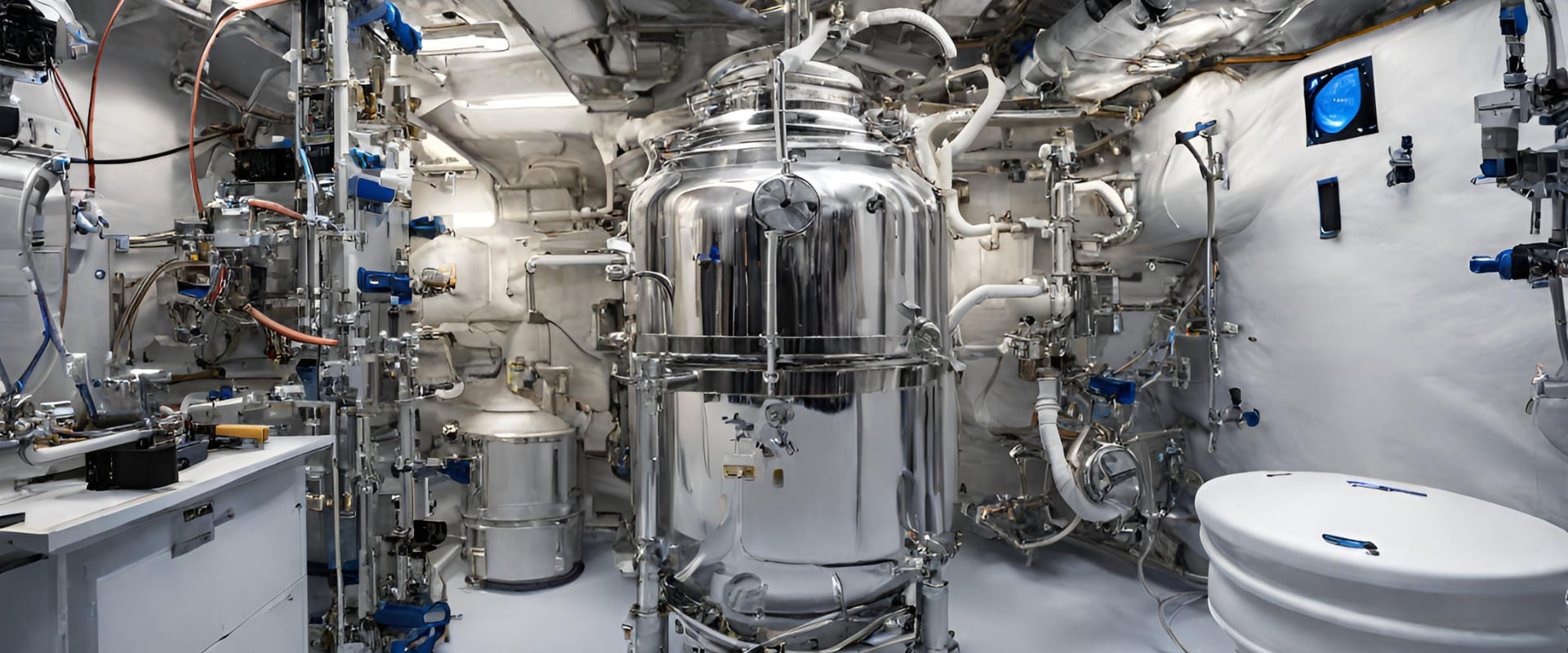Abstract
Water Filtration is a vital aspect of Space Research, particularly for human survival during missions. It ensures astronauts have a continuous supply of clean drinking water and plays a crucial role in closed-loop systems that recycle and purify water for reuse. Various filtration technologies are employed, including Mechanical and Chemical methods.
Water Filtration in Space Research
Ensuring Astronaut Survival
Importance of Water Filtration:
- Critical for Human Survival: Water filtration is a fundamental and critical aspect of space research, especially for the sustenance and survival of astronauts during missions. Reliable access to clean drinking water is essential to maintaining the health and well-being of astronauts in the challenging conditions of space.
- Closed-Loop Systems: In space missions, closed-loop systems are implemented to maximize resource efficiency. Water filtration plays a pivotal role in these systems by purifying and recycling water for reuse. Closed-loop systems are designed to minimize waste and ensure that vital resources, like water, are conserved over the duration of the mission.
Various Filtration Technologies:
Mechanical filtration involves the use of physical barriers to remove impurities, particles, and contaminants from water. Filtration devices equipped with screens, membranes, or porous materials are employed to physically block and separate particles, ensuring only clean water passes through.
- Chemical Filtration: Chemical filtration utilizes chemical processes to neutralize or eliminate contaminants present in water. Various chemical methods, such as activated carbon adsorption, ion exchange, and chemical disinfection, are employed to remove impurities and ensure the water meets safety standards.
- Combined Filtration Systems: Space missions often utilize combined filtration systems, incorporating both mechanical and chemical methods for comprehensive water purification. This dual approach enhances the efficiency of water filtration, addressing a broader range of contaminants and ensuring a higher quality of potable water.
Challenges in Space Filtration:
- Resource Limitations: Space missions face resource limitations, including limited water supply. Efficient water filtration becomes crucial to maximizing the use of available resources.
- Weight and Space Constraints: Filtration systems must be compact, lightweight, and easy to transport to meet the stringent weight and space constraints of space missions.
Innovation and Future Considerations:
- Advanced Filtration Technologies: Ongoing research focuses on developing advanced water filtration technologies, including nanotechnology and advanced membrane filtration, to further improve efficiency and reliability.
- Long-Duration Missions: As space agencies plan for longer-duration missions, such as journeys to Mars, ensuring sustainable and efficient water filtration systems becomes even more critical for extended astronaut survival.
Water filtration in space research is a mission-critical component, ensuring astronauts have access to clean drinking water and facilitating the recycling of water within closed-loop systems. The integration of mechanical and chemical filtration methods is essential for comprehensive purification, addressing the challenges posed by the unique conditions of space. Advances in filtration technologies will play a key role in supporting future long-duration space missions.



